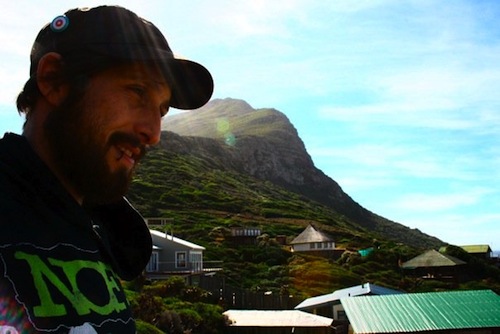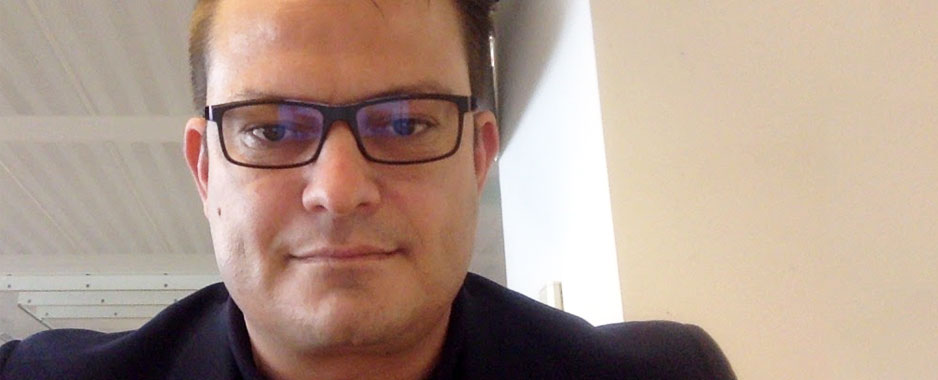Imagine being paid US$15 000, or more than R100 000, for two hours of work. That’s what Cape Town-based start-up Idea Bounty shelled out recently for an idea that barely filled an A4 piece of paper.
Idea Bounty, founded by Cape Town digital advertising and marketing agency Quirk, employs a concept first defined by Jeff Howe in an article published in Wired magazine in June 2006.
Howe later expanded on his article in a book called Crowdsourcing — Why the Power of the Crowd is Driving the Future of Business.
Crowdsourcing is the idea that the creative power of the crowd can be harnessed to accomplish tasks that could only previously be done by the specialised few.
According to Howe, “crowdsourcing activates the transformative power of today’s technology, liberating the latent potential within us all”.
“It’s a perfect meritocracy, where age, gender, race, education and job history no longer matter; the quality of work is all that counts; and every field is open to people of every imaginable background,” Howe writes. “If you can perform the service, design the product, or solve the problem, you’ve got the job.”
The whole idea of crowdsourcing interested Quirk CEO Rob Stokes and his former colleague Nat Riley, now at Net#work BBDO. Both were particularly excited by the potential of applying it in the marketing and advertising industry.
Eventually, Quirk launched Idea Bounty in October 2008 to test ideas around applying the concept.
It wasn’t long before Daniel Neville (pictured above), a marketing graduate from the University of Cape Town who had served several internships at Quirk, was hired to head up the business — which was headquartered at the company’s offices in London.
Neville, 25, says Quirk decided to test the market from London because it felt that European brands would be more open to the concept than SA brands. Ironically, the first company to sign up was First National Bank.
Within six months of launch, Idea Bounty relocated to Cape Town. Though it still serves international clients, including Red Bull and the World Wildlife Fund, the majority of its business is from SA-based companies.
This is how it works. Companies approach Idea Bounty with a specific marketing problem they need solved. Idea Bounty then produces a brief, which it publishes to the Web, soliciting ideas from people around the world. The best ideas are then scrutinised by Idea Bounty’s clients, and the best idea is then paid a bounty, or fee.
The largest fee paid out so far has been $15 000, to two winners, a copywriter from the UK and a strategy planner from Germany, who submitted an idea together. Bounties typically range between $3 500 and $5 000, Neville says.
He emphasises that Idea Bounty is not interested in receiving finished design material; all it wants is an idea that can then be executed by an advertising or design agency. “Most of the ideas we receive are no longer than an A4 page,” Neville says.
Idea Bounty clients include big-name brands such as FNB, Red Bull, SA Breweries, Capitec Bank and BMW. So far, it has received ideas from about 10 000 people in more than 100 countries. “We get input from everyone from students to stay-at-home moms to people who work in ad agencies and PR companies,” Neville says.
“We want those fresh ideas you just don’t get from anywhere else.”
The big question is whether people can make a living supplying ideas to companies like Idea Bounty. “No,” Neville says. “Your chances of winning are less the more people participate, and you really need to have a good idea. We have never had the same person win twice.”
Though Neville is Idea Bounty’s only employee, he says the company will begin expanding soon to cater for growing demand from clients.
“We will be scaling up soon. I will die if we don’t,” he says, joking. “When we launched Idea Bounty, we were never really sure where it would go, but it’s really starting to take off now.” — Duncan McLeod, TechCentral
This profile is the first in a new section on TechCentral focused on technology start-ups in SA. TechCentral’s purpose in launching the section is to profile what our start-up entrepreneurs are doing and to highlight some of the interesting technology ideas coming out of SA. Do you have an interesting tech start-up? Are you doing something out of the ordinary? Why not drop TechCentral’s editor a line and tell us about what you’re doing?
- Subscribe to our free daily newsletter
- Follow us on Twitter or on Facebook




